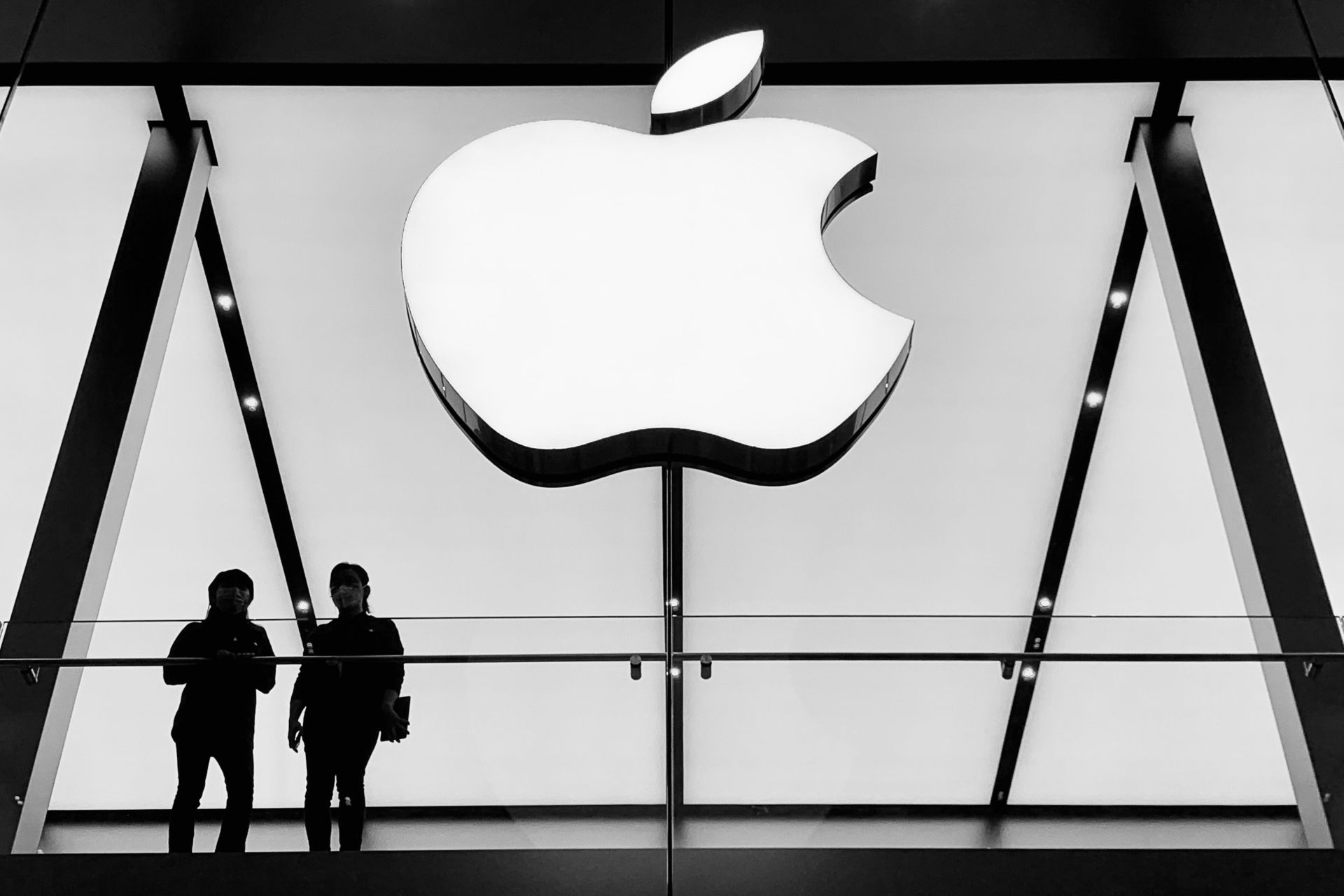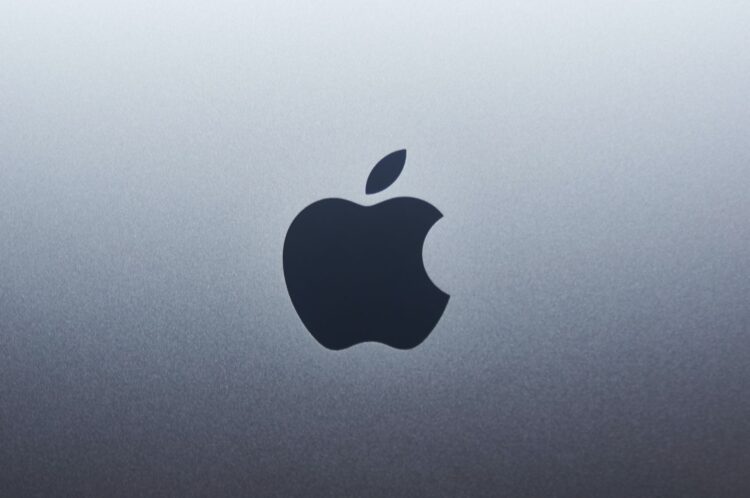Apple found itself in the hot seat as it defended its partnership with tech titan Google. At the heart of this legal battle is the contentious deal that designates Google Search as the default search engine on Apple devices.
This high-profile case has been making waves across the internet, raising questions about competition and fairness in the tech world. Let’s break down Apple’s defense and the broader implications of this clash.

Apple’s standpoint
Eddy Cue, representing Apple, vigorously advocated for the contentious collaboration with Google. He contended that this partnership was established with the utmost consideration for the users’ welfare. When the deal was struck, Cue asserted that there was simply no superior alternative to Google’s search engine.
In his view, Google’s search technology stood out as unparalleled, featuring an expansive web index and sophisticated search algorithms. Cue emphasized that Google’s unwavering commitment, investing billions of dollars in research and development, consistently positioned its search engine at the cutting edge of innovation.
Furthermore, Cue underscored the significant financial advantages that Apple gains through this partnership. Google annually provides Apple with a substantial sum to maintain its status as the default search engine on Apple devices. As Cue highlighted, this influx of capital plays a crucial role in Apple’s capacity to develop and launch new products and services that ultimately enrich the user experience.
From Apple’s perspective, this collaboration not only ensures top-notch search results for users but also powers the company’s continuous drive for innovation.

The bigger picture: Google’s monopoly accusations
Before we dive deeper into Apple’s defense, it’s crucial to understand the broader context. Critics of the Apple-Google partnership argue that it unfairly tips the scales in Google’s favor, giving the search giant an almost insurmountable advantage over its competitors.
They contend that Google’s dominance in the search market hampers the emergence of viable alternatives. Furthermore, this alliance allows Google to amass an abundance of user data, granting it an unfair edge in other markets.
Nonetheless, Cue has promptly responded to these accusations. He asserts that Google’s supremacy isn’t exclusively a consequence of this partnership but rather stems from the company’s superior search technology. Additionally, he emphasized the freedom of choice that Apple users have – they are not obligated to utilize Google Search and can readily opt for alternatives such as DuckDuckGo or Bing.
Cue’s argument ultimately revolves around this premise: while the agreement may seem one-sided, the presence of alternatives and Google’s technical excellence provide a more intricate perspective.
As this courtroom drama unfolds, it’s essential to keep a close watch on other tech giants like Amazon, who are also under the antitrust regulator’s scrutiny. This ongoing debate raises critical questions about competition, monopolies, and the future of the digital landscape.
FTC is after Amazon too
Google is not the only tech giant that FTC is after. Amazon is also facing a similar issue, but it looks like the company is confident in itself to overcome this small obstacle in court. Recently, Amazon made an announcement regarding the FTC’s latest Amazon lawsuit, and the matter will most likely be taken to court.
Featured image credit: Sumudu Mohottige/Unsplash





